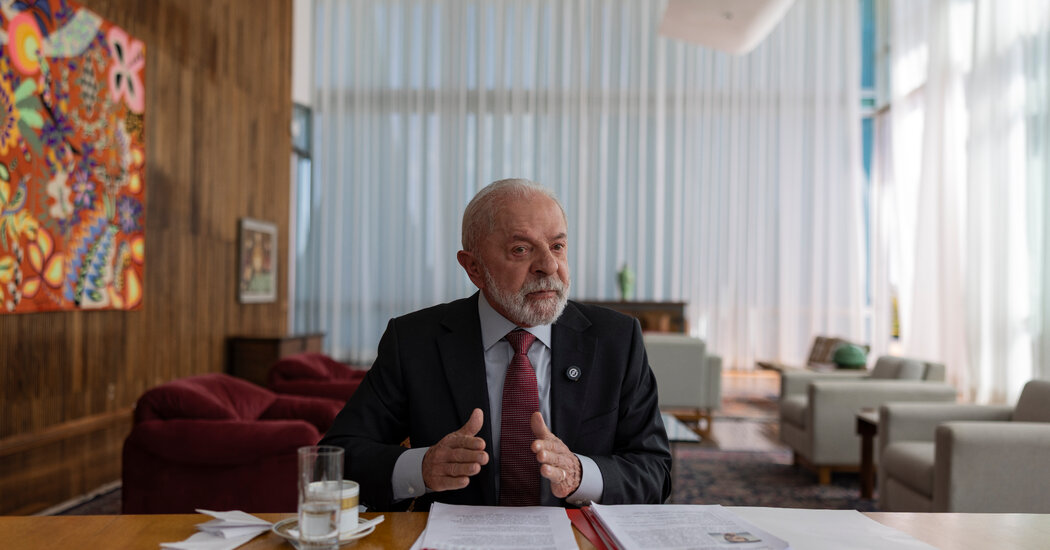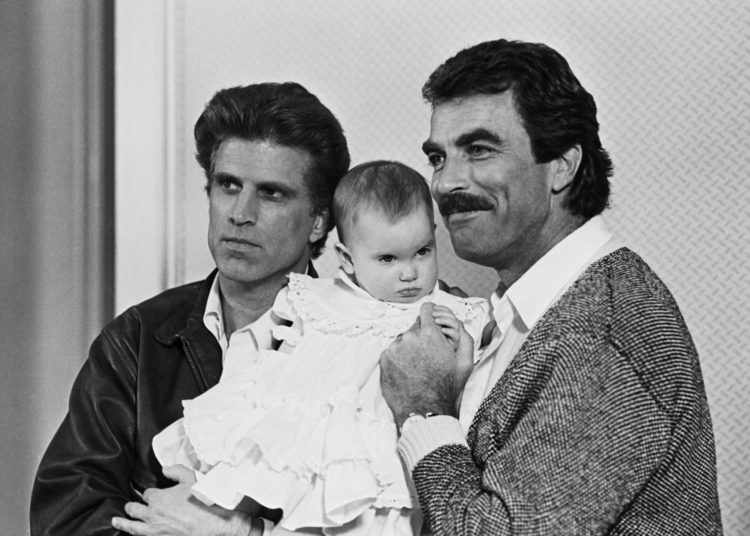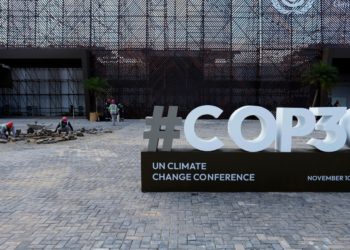When President Luiz Inácio Lula da Silva of Brazil returned to power, he had an ambitious goal: restoring his country’s image as a champion of climate action.
He vowed to slash Brazil’s emissions of planet-warming gases, raise global funds to tackle the climate crisis and curb the rampant destruction of the Amazon rainforest, just as he had done in his first two terms in office.
Hosting this month’s U.N. climate summit, which for the first time is being held in the Amazon, was to serve as a sort of victory lap, offering Mr. Lula, a leftist, a chance to cement his nation’s return to the world stage as a leading voice on climate diplomacy.
Yet three years after returning to office, Mr. Lula heads into the world’s most important climate talks with a more checkered track record.
On his watch, Brazil has succeeded in dramatically reducing deforestation in the Amazon, which plays a crucial role in absorbing the greenhouse gases warming the planet. But Brazil has also angered climate advocates by trying to loosen environmental laws and allowing, just weeks before the summit, oil drilling near the mouth of the Amazon River for the first time.
“This sends a really bad signal to the world,” said Marcio Astrini, executive secretary of the Climate Observatory, a coalition of environmental groups. “It’s impossible to imagine a worse moment for this.”
Mr. Lula has defended the decision to drill near the Amazon, arguing that oil revenues will help Brazil finance its transition to cleaner forms of energy.
But the controversy threatens to tarnish Brazil’s image abroad and weaken its clout in the climate negotiations, known this year as COP30, at a pivotal moment, as nations prepare to debate moving away from fossil fuels to limit rising global temperatures.
And Brazil’s seemingly contradictory approach underscores a key challenge facing Mr. Lula and other leaders around the world: How can countries balance environmental ambitions with the economic and political realities they face at home?
Brazil’s plans to drill for oil in an offshore area near the mouth of the Amazon River lay dormant for years, tangled in web of environmental studies and political pushback. Environmental groups have urged Brazil to abandon the project, warning of the risks of oil spills that could cause long-term harm to one of the planet’s most ecologically important areas.
Then, last month, Brazil’s environmental agency granted a license to the state oil company to search for oil deposits believed buried nearly 10,000 feet below the seabed, in a spot where the Amazon River spills into the Atlantic Ocean.
Environmental advocates were quick to accuse Brazil of climate hypocrisy, which the government has disputed.
Marina Silva, the environmental minister, explained that Brazil was only allowing exploration of the area’s oil potential, rather than actual drilling, which — if it takes place — would be years away. She added that pursuing oil was “perfectly compatible” with Brazil’s plans to stop burning fossil fuels, a process that will still take decades.
“It’s a contradiction, and there’s no doubt about it,” Ms. Silva told The Times in an interview. But Brazil, she added, is not alone in clinging to fossil fuels, even as it pushes for cleaner energy. “This contradiction exists throughout the world.”
Mr. Lula himself has been a staunch supporter of oil drilling in the Amazon, arguing that the world will still need the commodity for years to come. A longtime crusader for alleviating poverty and inequality, he has cast the project as a way of injecting jobs and development dollars into Brazil’s impoverished north.
“As long as the world needs it, Brazil will not throw away wealth that can improve the lives of the Brazilian people,” Mr. Lula said recently in defense of oil drilling.
Protecting the Amazon basin, two-thirds of which lies in Brazil, is crucial to slowing climate change because the rainforest absorbs and stores vast quantities of carbon dioxide, the primary heat-trapping gas that warms the atmosphere, in its trees, leaves and soil.
Scientists agree that average global temperatures should not rise by more than 2 degrees Celsius, or 3.6 Fahrenheit, compared to the start of the industrial age. Crossing that threshold, they say, would increase the risk of severe heat waves, storms, wildfires and drought. Last year, the hottest on record, global temperatures had already risen by 1.5 degrees Celsius, or 2.7 degrees Fahrenheit, above the preindustrial mark.
In recent decades, vast swaths of the Amazon have been razed and burned to make way for cattle and soybeans. Scientists have warned that the Amazon is now hurtling toward a tipping point that could see it transform into a savanna and release decades’ worth of carbon emissions.
The destruction of the rainforest picked up speed under Jair Bolsonaro, the far-right former president who pushed to open the Amazon to commercial development. Under him, deforestation reached its highest levels in 15 years and some regions of the rainforest began to emit more carbon than they captured.
Making the environment a cornerstone of his agenda, Mr. Lula returned to the presidency in 2023 after narrowly defeating Mr. Bolsonaro. Mr. Lula vowed to reverse his predecessor’s environmental policies and the destruction he said they had unleashed, while restoring Brazil’s global reputation as a guardian of the planet.
“I am here to say to all of you that Brazil is back,” Mr. Lula said at the 2022 U.N. climate summit in Egypt, just weeks after his electoral victory, as attendees cheered and chanted his name.
Mr. Lula certainly had the track record to back up his promises. During his previous two terms in office, from 2003 to 2010, his policies, which included beefing up policing and rewarding communities that preserved the forest, had slashed deforestation by 80 percent and turned Brazil into a global environmental success story.
And, in many ways, Mr. Lula has delivered on his promises to replicate this success in his current term.
After taking office, he swiftly began placing swaths of the Amazon under federal protection, a process paralyzed by Mr. Bolsonaro that environmentalists see as one of the most effective ways of preserving forests. Mr. Lula also bolstered agencies tasked with the policing of environmental crime, which were gutted of funds and staff by his predecessor.
Deforestation in the Amazon dropped 50 percent between 2022 and 2025, to its lowest level in 11 years, according to data from Brazil’s space agency. The country’s greenhouse gas emissions fell 12 percent in 2024 compared to the previous year, according to government figures.
Yet Mr. Lula has also faced opposition in Brazil’s Congress, which has weakened protections for Indigenous lands, and rolled back environmental review and approval requirements for development projects. While Mr. Lula has vetoed some of these measures, analysts expect right-wing lawmakers aligned with Mr. Bolsonaro to override those vetoes in the months ahead.
And some environmentalists worry that Brazil’s nascent foray into oil near the Amazon could open the door for a rush of fossil fuel drilling in the region, with vast consequences.
The government has already auctioned off the rights to search for oil in more than two dozen other lots scattered across the same offshore region. And it is considering selling off oil drilling rights in more than 100 other areas in the future.
“It’s a risky path,” said Mr. Astrini, of the Climate Observatory. “And Brazil will have to explain itself.”
Ana Ionova is a contributor to The Times based in Rio de Janeiro, covering Brazil and neighboring countries.
The post Save the Amazon or Drill for Oil? Brazil Says It Can Do Both. appeared first on New York Times.




